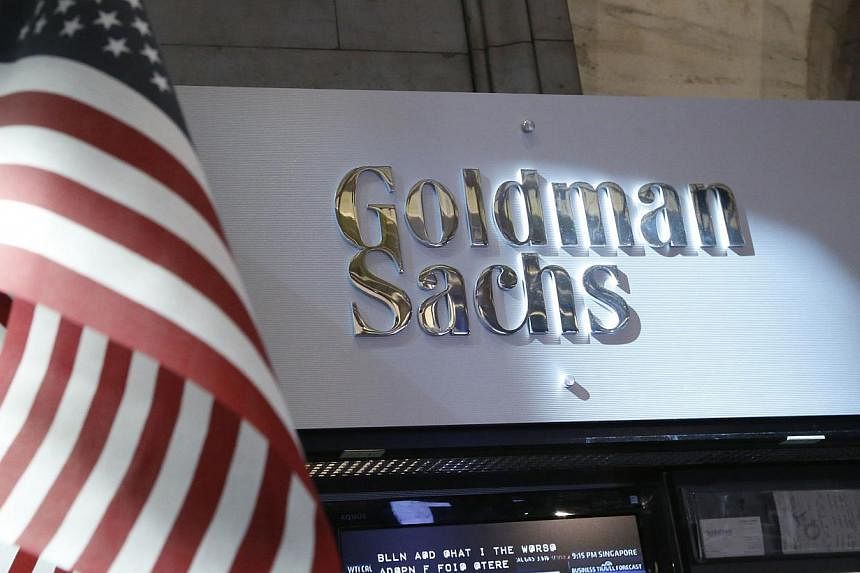WASHINGTON (REUTERS) - A two-year Senate investigation into Wall Street's physical commodities business found that US banks had manipulated prices and gained unfair trading advantages at the expense of consumers.
While the detailed report was critical of how banks purchased and exploited huge commodity stockpiles, it did not offer any damning new details on their activities.
Goldman Sachs, Morgan Stanley and JP Morgan built huge inventories of aluminium, oil, jet fuel and other commodities, the report said, and failed to properly insulate themselves from large, potential losses stemming from the stockpiles.
The report, based on 90,000 pages of bank and regulatory documents as well as 78 interviews and briefings, stems from a probe by the Senate's Permanent Subcommittee On Investigations that began in 2012 and focused on Wall Street's involvement in the physical commodities industry.
"We found substantial evidence that these activities expose major banks to catastrophic risks ... that could result in losses that exceed bank capital reserves and insurance coverage and thereby threaten the stability of the financial system,"committee chairman Carl Levin, a Michigan Democrat, said at a news briefing.
According to a previously unpublished 2012 analysis by the Federal Reserve Commodities Team, the report said, four major financial holding companies - including the three highlighted in the Senate report - had allocated an inadequate amount of capital and insurance to cover "extreme loss scenarios."
"Each had a shortfall of US$1 billion (S$1.3 billion) to US$15 billion," it said.
The 403-page document, which comes in the final weeks of Mr Levin's role as chairman of the committee, stresses the need to separate banking from commerce and to prohibit the exploitation of commodity prices.
While the report sheds some new light on the size, impact and risks associated with the three banks' commodities arms, it does not contain any major bombshells or smoking guns.
It also points the finger at the Federal Reserve, saying the central bank has taken insufficient steps to address the risks taken by financial holding companies gathering physical commodities. The Fed in some cases was unaware of the growing risk, the report said.
The impact of banks on commodity prices seized the spotlight in July 2013 when the New York Times detailed what it called a "merry-go-round of metal" involving the movement of aluminum between warehouses by Metro International Trade Services - a Goldman Sachs subsidiary - as a way to exploit London Metal Exchange (LME) pricing regulations.
Metro soon became the center of controversy after big consumers such as MillerCoors LLC and Coca-Cola Co accused warehouses and their owners of exploiting the LME storage rules to boost rental income, distort supplies and inflate physical prices of aluminum.
The Senate report released on Wednesday supported the claim that Metro took advantage of pricing rules and created long queues of aluminum, which in turn drove up its market value.
The committee probe found that a major reason why it took longer to move aluminum out of Metro's Detroit warehouse operation was a number of large warrant cancellations by a small group of financial institutions, including Deutsche Bank, London hedge fund Red Kite, commodities trader Glencore, JP Morgan and Goldman.
Senior bank executives from Goldman, JP Morgan and Morgan Stanley will appear as part of a two-day committee hearing on the issue starting on Thursday.

